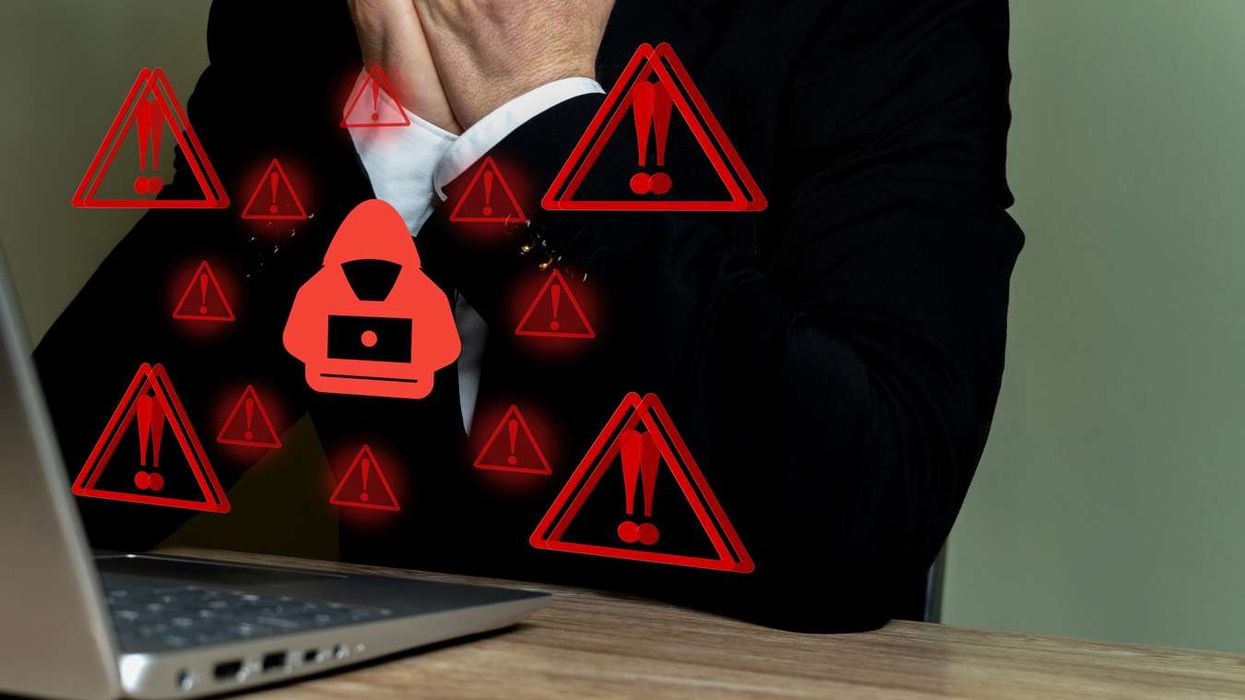France is one of the most popular tourist destinations in the world. Each year, cities like Paris welcome millions of tourists, but while those places get crowded, there’s a side of the country that’s reserved for those who enjoy hiking. A side that’s packed with a unique combination of alpine landscapes, Mediterranean coasts, forests, and medieval villages.
There’s a route for all experience levels, and while those routes don't get the same attention as cities like Nice, every year, thousands of hikers walk its trails. They are not only drawn by the natural beauty but also by the amazing infrastructure and rich local culture. If you're looking for a walking holiday that combines nature, history, and gastronomy, France has everything you need.
Orbis Ways: The Best Option for a Walking Holiday
As walking holidays rise in popularity, their downside gets more obvious too, but thanks to agencies like Orbis Ways, more and more people can enjoy long-distance trails easily without needing to worry about logistics or overplanning, just focusing on the trail. Orbis Ways is an agency that specializes in walking holidays. They offer packages to major hikes like the Camino de Santiago in Spain or the West Highland Way in Scotland, as well as several iconic walking holidays in France.
The best part is it’s composed of a team that has actually done the trails, and knows exactly what you need, and with years of experience and excellent reviews on platforms like Trustpilot, this company handles everything from rural hotel accommodations to luggage transport between stages and 24/h assistance. Its itineraries are designed to suit different fitness levels, with detailed maps and car assistance if needed.
Here are some of the most popular walking holidays in France:
1. The Camino de Santiago (Via Podiensis)
The Camino de Santiago is one of the most famous pilgrimage routes in the world, and the French Way is one of the most popular routes to Santiago de Compostela, starting in the stunning town of St-Jean-Pied-de-Port, but did you know that there’s a popular option that’s known as the Via Podiensis? This trail is part of the GR 65, starts in Le Puy-en-Velay, and takes you through stunning landscapes, medieval villages, and ancient Roman bridges before reaching the Pyrenees. What makes this route special is its combination of spirituality, history, and nature. Many people opt for this option thanks to the physical challenge it represents, but also for the unique chance to immerse themselves in the local culture, try the French cuisine, and the traditional inns.
2. The Tour du Mont Blanc
Thi is one of the most popular hikes in France, but not many dare to do it. It's known for being a challenging experience, The Tour du Mont Blanc (TMB) is a circular route of approximately 170 kilometers that surrounds the Mont Blanc massif, which passes through France, Italy and Switzerland. It offers the most breathtaking landscapes in the country, with glaciers, deep valleys, and peaks covered in snow. Despite requiring a good level of physical fitness, the effort is worth it. Each stage of the walking holiday offers unique views and the special opportunity to stay in unique mountain refuges.
3. The French Riviera
For those who prefer a more relaxed atmosphere, then, the French Riviera trails (GR 51 and GR 52) are the best option. Often labeled as some of the most stunning walking holidays in Europe, these routes border the Mediterranean and offer unique views of the cliff, hidden coves, and cozy fishing villages. On top of that, the weather here is a lot more pleasant and hot, and that lets people try those trails all year round. Also, the weather brings another advantage: the possibility of combining hiking with relaxing days on the beach, and trying Provençal cuisine, as well as visiting cities like Nice or Cannes.
Conclusion
France is a unique place for a holiday, not only a typical one but also for a walking holiday. It’s home to many unique trails that range from historic trails to challenging mountain treks. Its combination of landscapes, culture, and cuisine makes it a unique place to explore on foot. Whether you prefer to organize your trip on your own or rely on experts like Orbis Ways, the important thing is to enjoy every step and immerse yourself in the natural beauty of this country.













